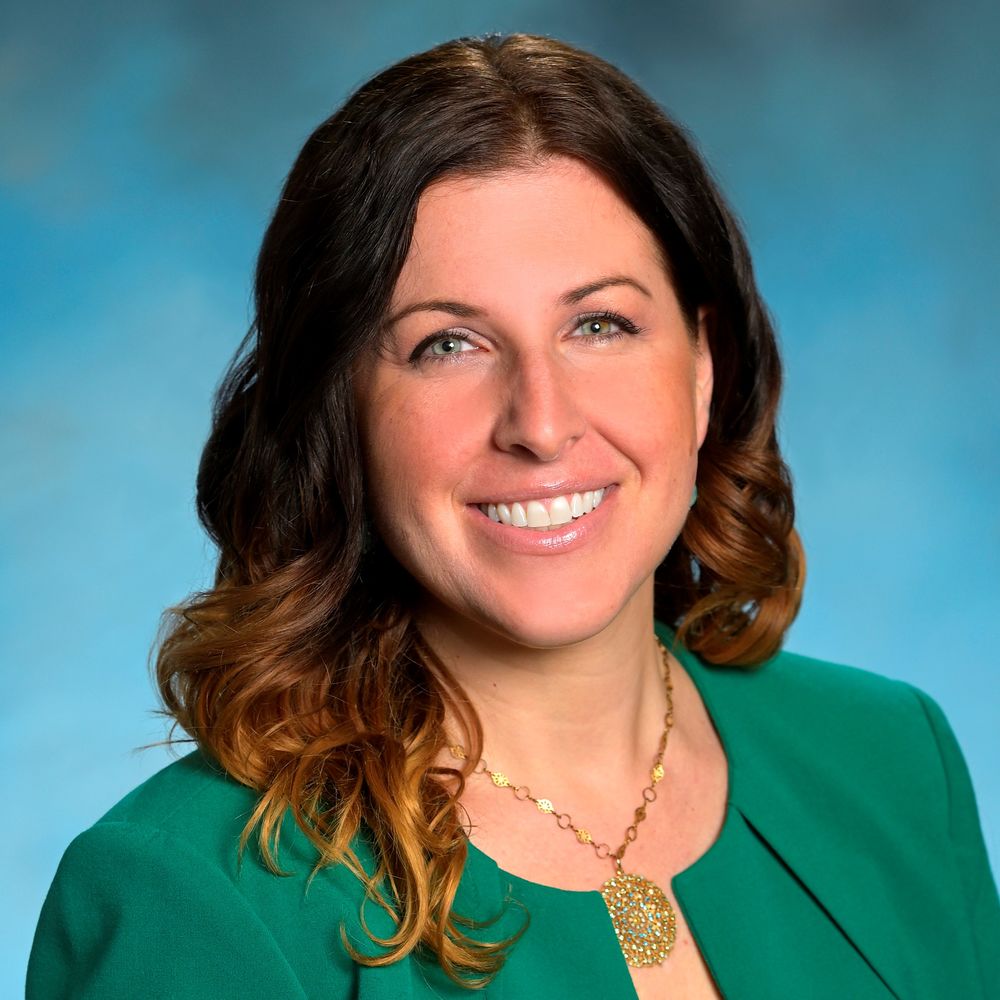
Liz Bland
Liz Bland, SSW '05, has built a career combining her expertise in health policy and administration with ground-level clinical social work. Even as she was building a new behavioral health division of the Philadelphia-area Main Line Health system in 2013—creating what would become the first of two outpatient mental health centers for women—she worked hands-on as a psychotherapist, seeing patients as part of that program.
“That's the beauty of the social work degree. You have the ability to play different roles in organizations,” says Bland, who received her Master of Social Work from Temple’s School of Social Work. “I think the beauty in our lives is when there isn’t a direct path from one place to the next. And social work is like that too, because no two days are the same, and we’re trained to be ready to navigate our way as we go.”
Bland, raised in New Jersey, studied political science as an undergraduate at Rutgers University’s Douglass College and its Eagleton Institute of Politics. Her women’s studies classes at Douglass influenced her later interest in women's behavioral health, she says, but initially she thought she was destined for law school.
“I wasn't sure that I wanted to be a lawyer,” she says, “but I was interested in healthcare and policy. So how could I sort of marry the two?”
Some family experiences clarified the answer. A social worker helped when Bland’s grandmother moved into a nursing home. “It was the first time I had really encountered a social worker, and I remember thinking this person is so wonderful at this difficult time for our family,” she says.
At the same time, another family member had a hospital visit and told Bland that it would have been great if there had been someone with her personality in the hospital to help.
“I did some research and found that you could be a medical social worker,” she says.
A scholarship from Temple’s School of Social Work allowed her to study full time. She studied policy and was given the chance to intern as a social worker in hospital settings, at Einstein Medical Center and Temple University Hospital. “Through those opportunities, Temple did change my life,” she says. She went to work at Einstein after graduating, assessing patients for their psychosocial and other needs. From there, she pivoted to the Division of Maternal, Child, and Family Health in the Philadelphia Department of Public Health, then in 2006 moved to the nonprofit Main Line Health, which operates several hospitals and other health centers.
At Bryn Mawr Hospital, she worked in the neonatal intensive care unit (NICU), helping meet the needs of mothers of ill or premature newborn infants, from attending to their psychological needs to helping them apply for resources they might need upon discharge. “We did anything you can name to help while their child was with us in the NICU,” she says.
When Main Line Health considered launching an outpatient behavioral health program for women, Bland advocated for social work to be part of the program. She not only was recruited to sit on that committee, but became the founding director of the Women’s Emotional Wellness Center (WEWC). WEWC provides outpatient mental health services to women and their families, helping with depression, anxiety, trauma, and family and relationship issues. She saw patients as a psychotherapist before hiring additional talented therapists and continuing in her role as director to grow the program to multiple locations and services. For her work and dedication, Liz was named a Power Woman on the Move 2016 by Main Line Today magazine and a Woman of the Year by Suburban Life magazine in 2017.
With that program expanding, last fall she moved into a project management role at Main Line Health. Having clinical experience as a social worker continues to inform her work, though sometimes people are surprised to learn that her training is in social work.
“All the experience and communication skills we learn in school really do allow us to pivot and work in spaces that folks wouldn't expect a social worker to be in,” she says. “I think it's important for all of us in this profession to share what social work is and showcase our ability to work in various facets of different organizations and agencies.”
